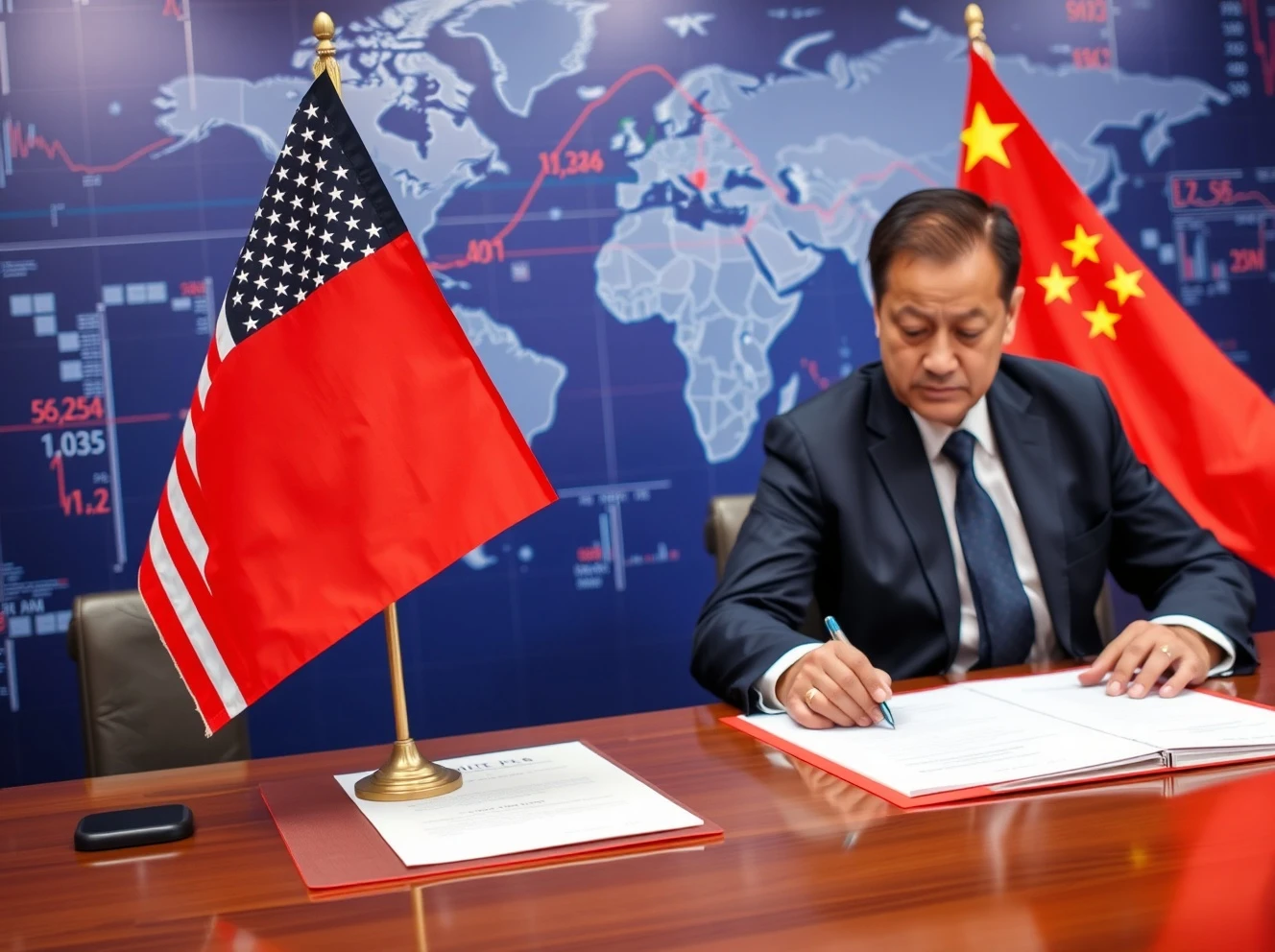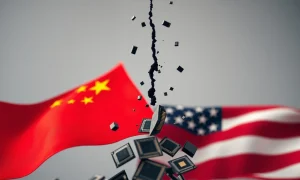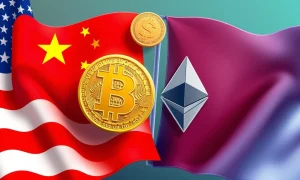Global markets breathe easier as Treasury Secretary Scott Bessent signals a potential 90-day extension of the crucial US-China tariff truce. This development, arriving before the November 10 deadline, offers significant relief to businesses and investors worldwide who have been navigating turbulent trade waters. The cryptocurrency sector, particularly sensitive to macroeconomic shifts, stands to benefit from reduced trade tensions between the world’s two largest economies.
Understanding the US-China Tariff Truce Extension
The proposed extension represents a strategic pause in ongoing trade disputes. Essentially, both nations agree to maintain current tariff levels rather than escalate tensions. This temporary ceasefire allows negotiators additional time to address complex issues that have strained US-China relations for years. The 90-day timeframe provides crucial breathing room for diplomatic efforts while preventing immediate economic disruption.
Why Markets Welcome the Truce Extension
Market stability improves significantly during tariff truce periods. Businesses gain predictability for supply chain planning and cost management. Furthermore, reduced trade uncertainty supports investor confidence across multiple sectors. The cryptocurrency market, known for its volatility during geopolitical tensions, typically experiences calmer trading conditions during such diplomatic breakthroughs.
Key benefits include:
- Reduced import costs for consumers and businesses
- Stable supply chain operations
- Improved international trade volumes
- Enhanced investor sentiment across markets
Scott Bessent’s Strategic Role in Trade Negotiations
As Treasury Secretary, Scott Bessent plays a pivotal role in shaping US trade policy. His announcement regarding the potential US-China tariff truce extension signals administration priorities. Bessent’s approach emphasizes dialogue over escalation, reflecting a pragmatic strategy toward managing complex economic relationships. His statements provide valuable insights into negotiation progress and likely outcomes.
Challenges Remain Despite Progress
While the extension offers hope, significant obstacles persist. Intellectual property disputes, market access issues, and state subsidies require comprehensive solutions. The 90-day period, though helpful, may prove insufficient for resolving deeply entrenched disagreements. Both nations must demonstrate genuine willingness to compromise for lasting agreements.
Primary challenges include:
- Balancing national economic interests
- Addressing technology transfer concerns
- Managing domestic political pressures
- Navigating global economic headwinds
Global Economic Implications
The US-China tariff truce extension carries worldwide significance. Reduced trade tensions support economic growth in developing nations and stabilize commodity markets. Additionally, cryptocurrency values often correlate with global trade stability, making this development particularly relevant for digital asset investors. The extension period allows businesses to adjust strategies amid changing economic conditions.
Path Forward for US-China Relations
Successful negotiations require sustained commitment from both parties. The November 10 deadline serves as a crucial milestone for measuring progress. While challenges remain, the willingness to extend talks demonstrates shared recognition of interdependence. Ultimately, constructive dialogue offers the best path toward sustainable economic cooperation between these global powers.
Frequently Asked Questions
What does the US-China tariff truce involve?
The truce represents a temporary agreement to maintain current tariff levels while negotiations continue, preventing immediate escalation of trade tensions.
How does the extension affect cryptocurrency markets?
Reduced trade uncertainty typically decreases market volatility, providing more stable conditions for cryptocurrency trading and investment decisions.
What happens if negotiations fail after 90 days?
Failure to reach agreement could trigger new tariffs, potentially increasing costs for businesses and consumers while creating market uncertainty.
Why is Scott Bessent’s role important?
As Treasury Secretary, Bessent helps shape US trade policy and provides insights into administration strategies regarding international economic relations.
How can businesses prepare during the extension period?
Companies should review supply chains, monitor negotiation developments, and develop contingency plans for various potential outcomes.
What long-term solutions are being discussed?
Negotiators address intellectual property protection, market access, technology transfers, and creating frameworks for sustainable trade relationships.








